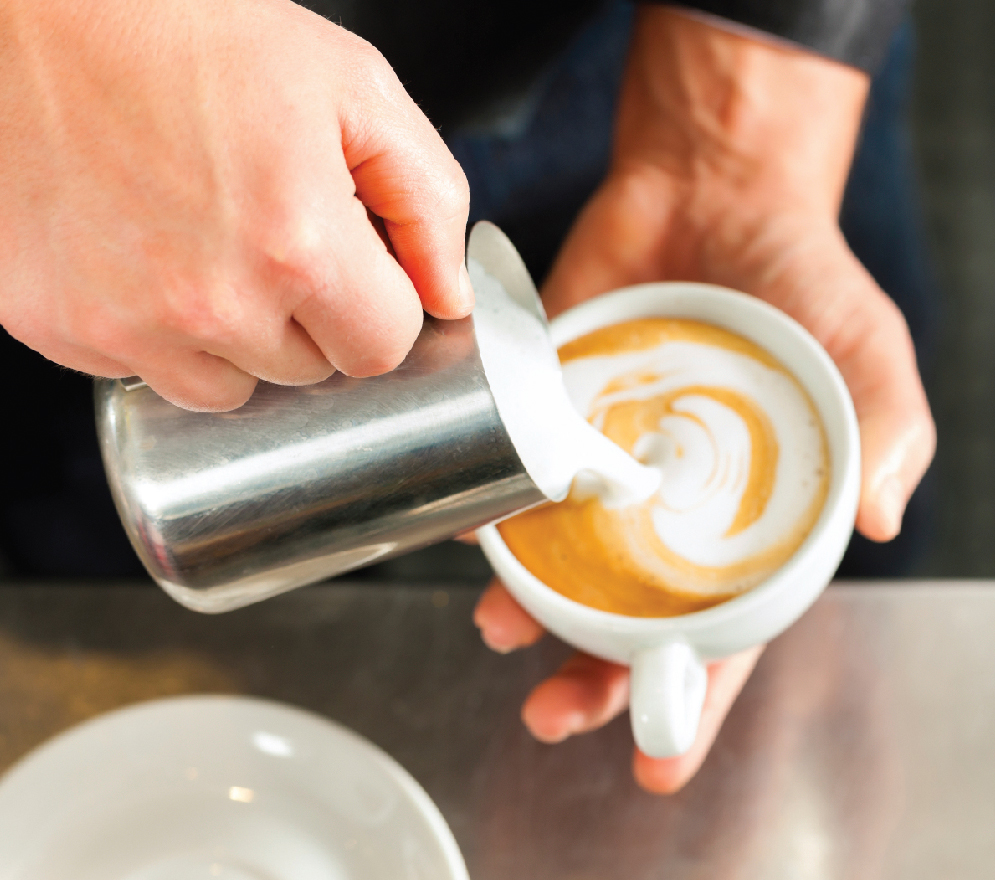Rehydration therapy
In most cases, treating acute diarrhoea involves replacing lost fluids and salts to help prevent dehydration and allow the condition to get better on its own.

Drinking too much coffee can be a cause of acute diarrhoea
Rehydration products are available as powders for reconstitution in water. They need to be made up following the manufacturer's directions, using a safe water supply. Where clean drinking water is not available, water should be freshly boiled and then cooled. Any solution not drunk after the stated time should be discarded. These products are suitable for babies, children and adults. Example: Dioralyte.
Loperamide and morphine salts
In some cases, your customer may not be able to stay at home when they have diarrhoea and will need something to help stop it more quickly.
Antidiarrhoeals, such as loperamide and morphine hydrochloride, slow down the passage of food in the intestines, allowing more water to be absorbed. These products work by acting on the muscles that cause peristalsis, which is the movement of food through the digestive tract. Loperamide is suitable for adults and children over 12 years. Examples: Diocalm Ultra, Imodium.
Bismuth subsalicylate
Products containing this ingredient are useful for bacterial diarrhoea because they are designed to attack bacteria and provide a protective coating over the stomach and intestines. These products are suitable for adults and children 16 years and over. Example: Pepto-Bismol Liquid Suspension.
Caution
Customers should consult a doctor if their symptoms continue for more than 24 hours after taking an antidiarrhoeal medicine.
Reflection point
What rehydration therapy products do you stock and do you understand how they should be used? If not, familiarise yourself with the products available.
